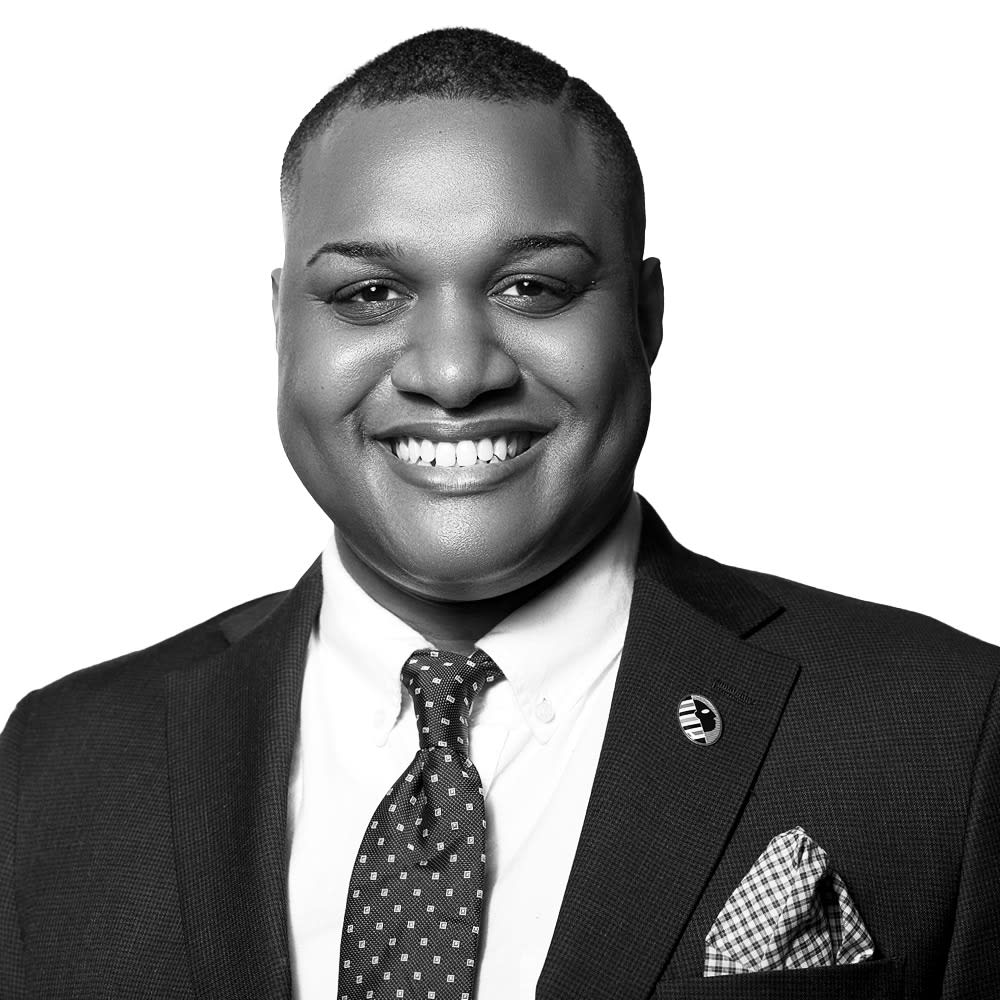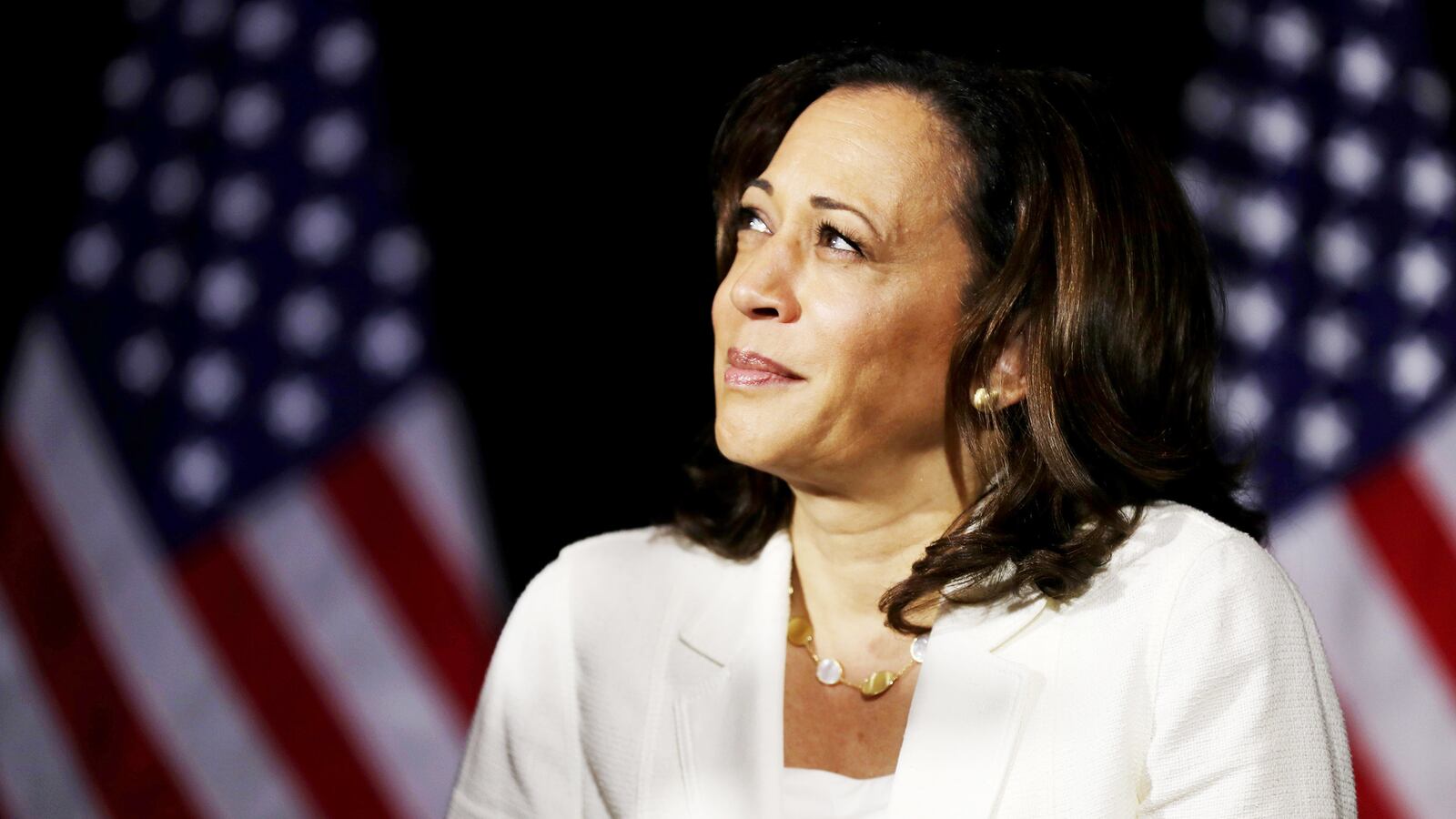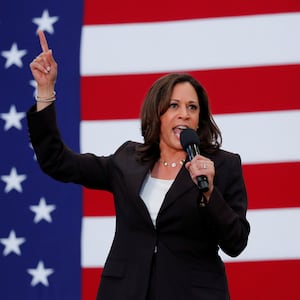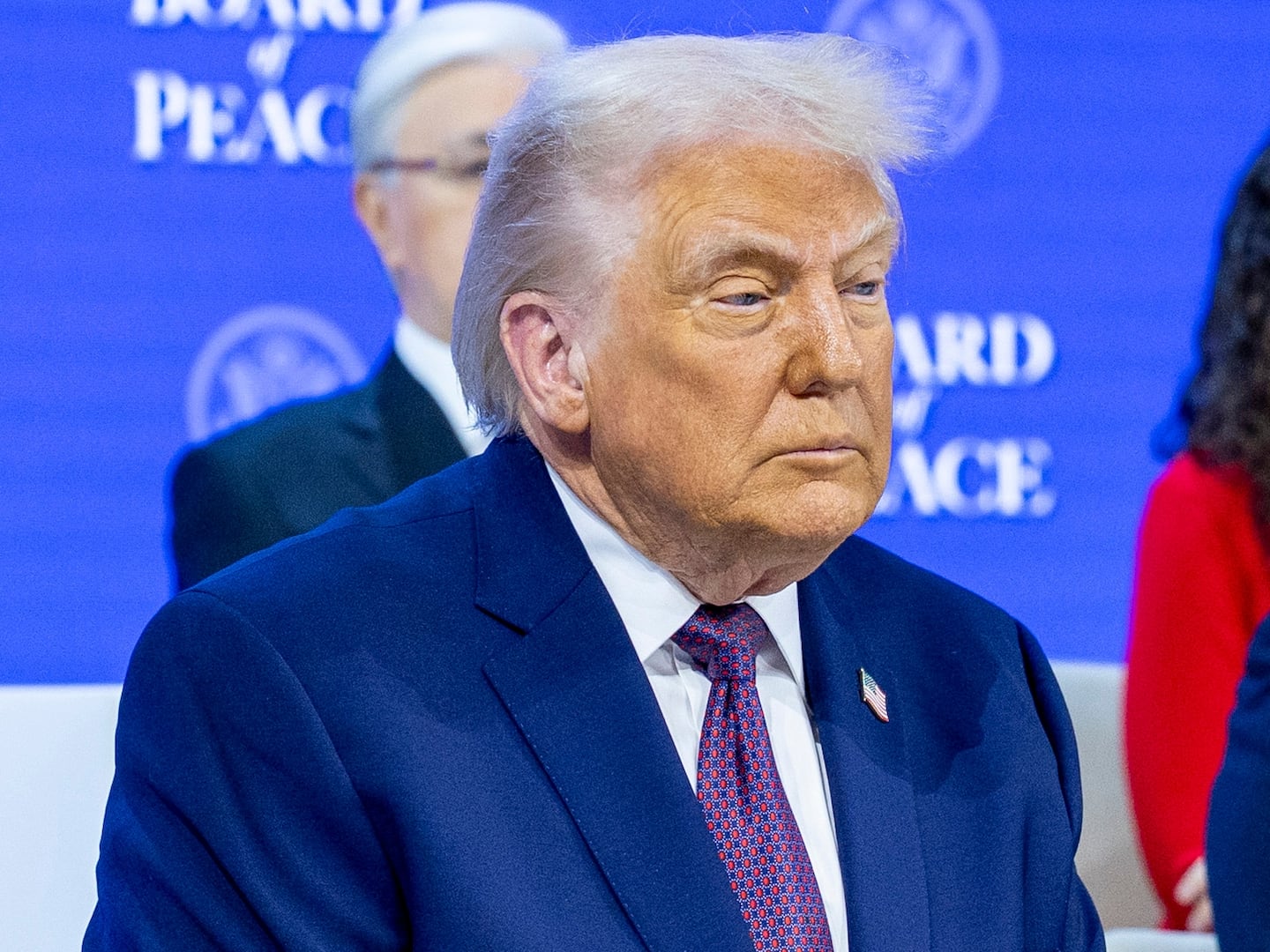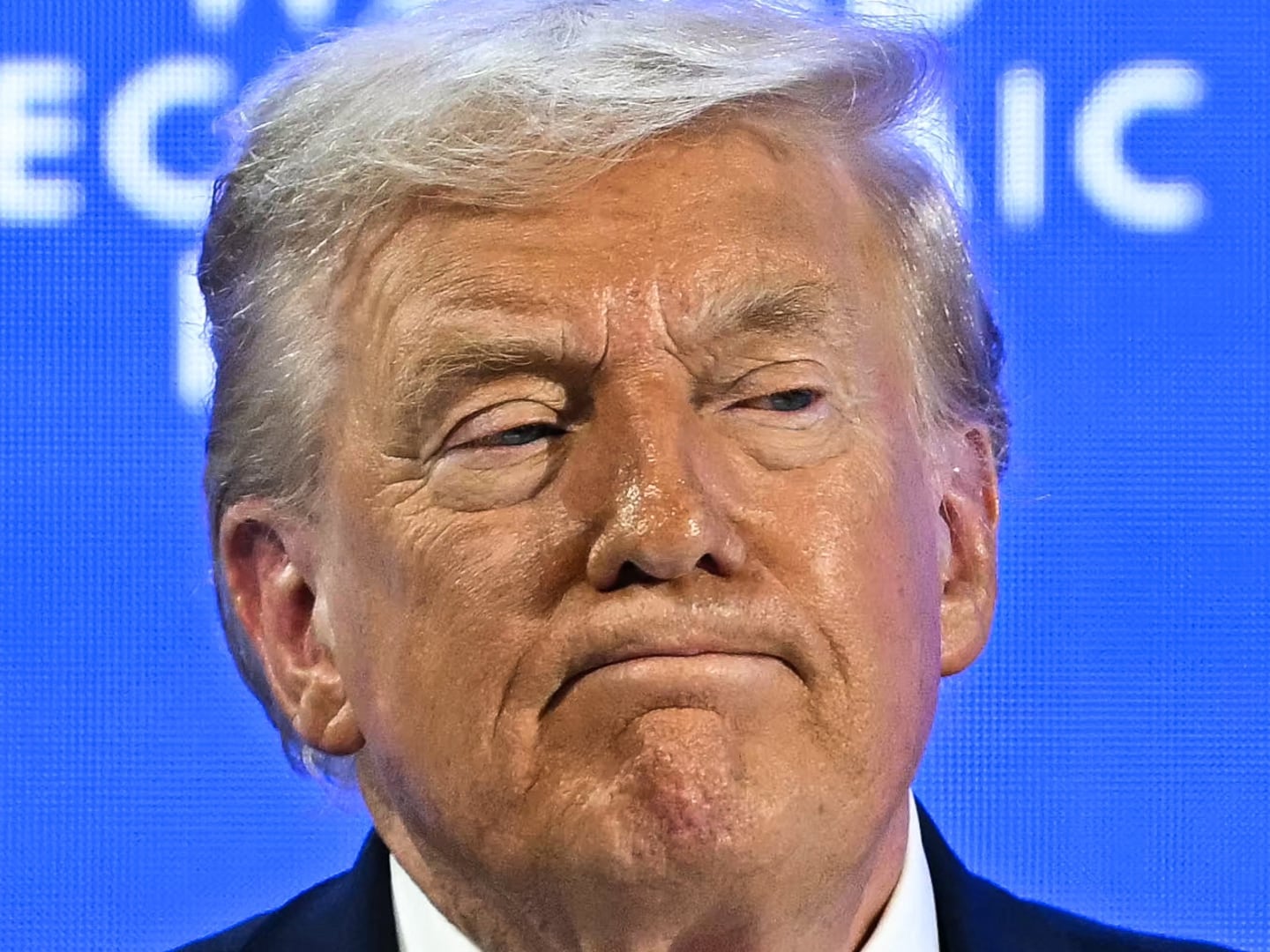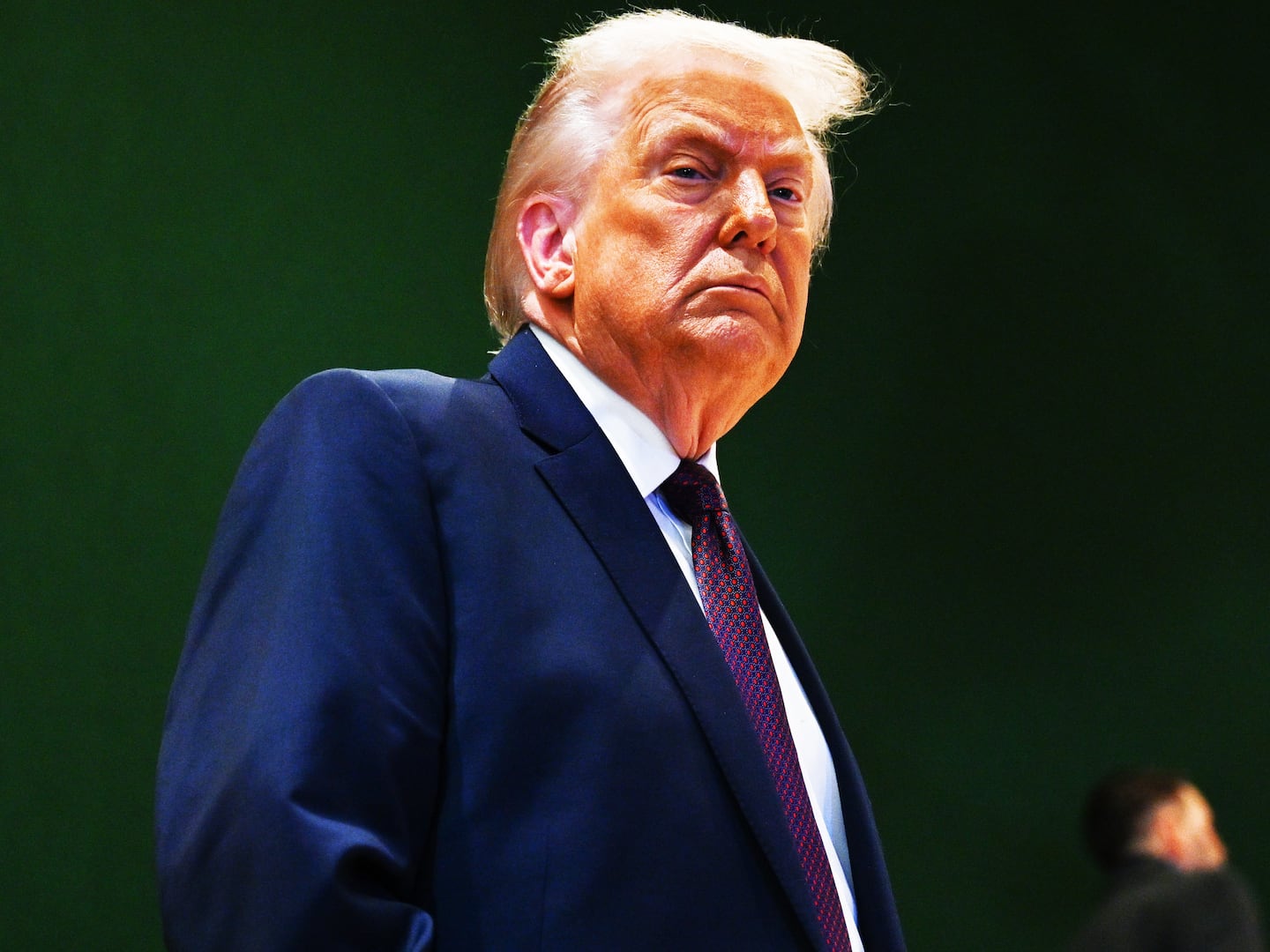“A Black woman! #RepresentationMatters,” someone posted on Facebook. “My soror is going to be the next VP! This is a serious matter!” chimed in an older Black woman who is a member of the Alpha Kappa Alpha sorority. “She went from the Hilltop to Capitol Hill,” a Howard University alum cheered on Twitter.
They were talking of course about California Senator and now Democratic vice presidential candidate Kamala Harris. A Black woman of Indian descent, Harris is the first woman of color on a major party’s national ticket. But for some Black millennial voters, such as myself, it’s an underwhelming historical moment to witness another moderate minority who’s relied on centrist identity politics climb the ladder.
We’ve seen with Barack Obama, Pete Buttigieg, Cory Booker, Hillary Clinton, and now Harris how presidential candidates can lean on their exceptionalism—be that a matter of race, sexual orientation, or gender—to appeal to “undecided” voters who are white and straight and male. These candidates are inevitably overqualified in their previous jobs, educated at elite institutions, and have delivered American Dream-esque narratives about how they overcame the very adversity that their straight, white male voters placed them in. These tokenized candidates inevitably offer themselves as ones who will not be too ideologically radical, too platform-progressive, or too much of a threat to status-quo party politics.
This is what made Harris the “safest bet” for Biden. She is a woman of color who won’t rock the boat of a presidential candidate who has made more racial gaffes than I care to remember.
And this is everything my parents and grandparents’ generation unfortunately love about Harris. Our Black parents raised us up to aspire to be what she represents—a law-abiding, college-educated, strong and confident Black person who speaks eloquently and is approachable to white people.
I understand where this came from. My grandparents lived through the Jim Crow era and then the civil rights era when the fight for voting rights was a literal bloodbath. It was the sacrifices of people in John Lewis’ generation that made it possible for my generation to even be able to discuss politics in the ways that we do. My generation was taught that because of our parents and grandparents’ fights, the world could be ours and that as long as we “worked twice as hard” we could elevate ourselves out of poverty, hardship, and racism.
But time has taught us that this wasn’t the case. Systemic inequality continues to place Black people behind, regardless of how educated they are. The racial uprisings of today have proved to many of us that the presidency of Barack Obama, the nation’s first Black president, wasn’t enough to change how white people valued Black lives. And it also revealed to us that Black politicians too concerned with representation and respectability to take radical stances to protect us are nearly useless.
At a time when many are being reignited behind #BlackLivesMatter, with calls to defund the police following the cop killings of George Floyd and Breonna Taylor and so many others, elevating a former law and order-oriented prosecutor feels like a step back in the push for police accountability.
“But do you want four more years of Trump,” an elder told me. “We can’t afford four more years of Trump.”
My elders simply don’t care how racist Biden may be because they know Trump is far worse. They don’t care that Harris has a troubled law enforcement background. They just want Trump out of office, and to have a respectable Black woman be a part of that effort is the icing on the cake.
Meanwhile, Black millennials like myself are expected to deal. I will vote for a tone-deaf (and arguably racist) Democratic presidential candidate and his cop-loving Black running mate over the white supremacist in the white House now and his LGBTQ-loathing VP. But I won’t like it, or expect much from Biden and Harris if they do win.
I’m voting on Nov. 3 because I don’t want to endure another four years of young Black voters being blamed for the predicament we are in. I know that it’s not our fault (white women who decided at the last minute to vote against their own interest for Trump are), but I want us to hurry up and move to the point of accountability. I want to vote for real change agents in down-ballot races to force Boomers and Gen Xers to make real policy changes and finally start handing over political power. Hopefully, we’ll get better SCOTUS options and use our power to elect more radical local, state, and congressional politicians who can move the needle sooner rather than later.
“Just vote to shut them up for good,” I texted one of my friends. “These next four years will finally be about what we want.”
